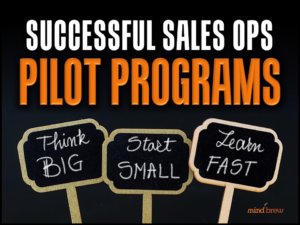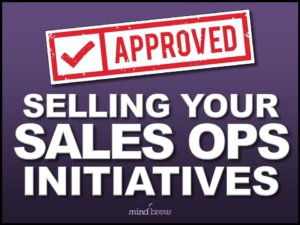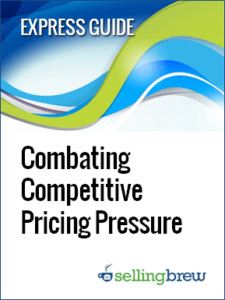Way back in 1802, a French engineer named Albert Mathieu first proposed the idea of connecting England to France via a tunnel underneath the English Channel. At its narrowest point, the channel is only 21 miles across, and people had long wanted a faster way to get from the British Isles to Europe.
But building the Channel Tunnel, popularly called the “Chunnel,” required some complicated engineering that delayed it for decades. Construction on the project didn’t begin until 1988, and it took six years to complete.
Part of the problem was that the best location for the tunnel was a thin sediment layer known as the chalk marl. The chalk marl undulates and varies in thickness underneath the sea floor, and it was difficult for engineers to determine exactly where the chalk marl would be at any given point on the tunnel route.
The solution they ultimately devised for the problem was a service tunnel.
The Chunnel is actually three separate tunnels—two rail tunnels, which allowed trains to travel in both directions, and a smaller service tunnel in between with periodic connections to the other two. Today, the service tunnel allows for easy maintenance and an emergency escape route. During construction, it served as a sort of trial run. Construction crews built the service tunnel first—always staying a kilometer ahead of those building the main tunnels. Because it was smaller, the service tunnel made it easier for the engineers to correct course if they ever veered out of the chalk marl. It then served as a guide for the teams building the main tunnels.
The service tunnel was the unsung hero that made the Chunnel possible. Leading sales ops teams rely on a similar unsung hero—the pilot project.
Like the service tunnel, a sales ops pilot project allows you to operate on a smaller scale. It makes it easier to navigate through uncharted territory in three key ways:
- Early testing: The service tunnel gave engineers early insight into the geology on the route, allowing them to plan ahead before constructing the main tunnels. In a similar way, a pilot project allows you to test your assumptions and strategies. It allows you to see how your team and the market will respons to the changes you want to put in place. It gives you the opportunity to do a dry run with your strategy before you scale up.
- Adaptability and flexibility: When construction of the service tunnel was underway, the construction crew sometimes found that the chalk marl sloped up or down in unanticipated ways. The smaller diameter of the tunnel made it easier to change course and adapt to these fluctuations. Similarly, the small scale of pilot projects makes it easier to pivot when something unexpected happens. It’s much easier to make the case to management that you should adjust your sales strategy if you’ve already proven it out with a pilot project.
- Risk mitigation: The service tunnel also reduced the overall risk of the tunnel—both during construction and during ongoing operations. In the same way, if something goes terribly wrong with a pilot project, the potential damage is much smaller than if you had immediately rolled out the initiative across your organization. And if you keep pilot projects going, you can continue the risk mitigation effects.
If you’re sold on the value of a pilot project, SellingBrew has some great resources to get you started:
- Successful Sales Ops Pilot Programs lays out the basics of designing, pitching, and measuring results for a pilot program.
- Managing Successful Sales Ops Projects discusses pilot projects as part of a larger strategy for ensuring initiative success.
- Selling Your Sales Ops Initiatives explains how to use a pilot project as part of your efforts to pitch an initiative to management.
With tools like these at your disposal, it will hopefully take you much less than the 200 years the Chunnel required to bring your next sales ops project to fruition.













